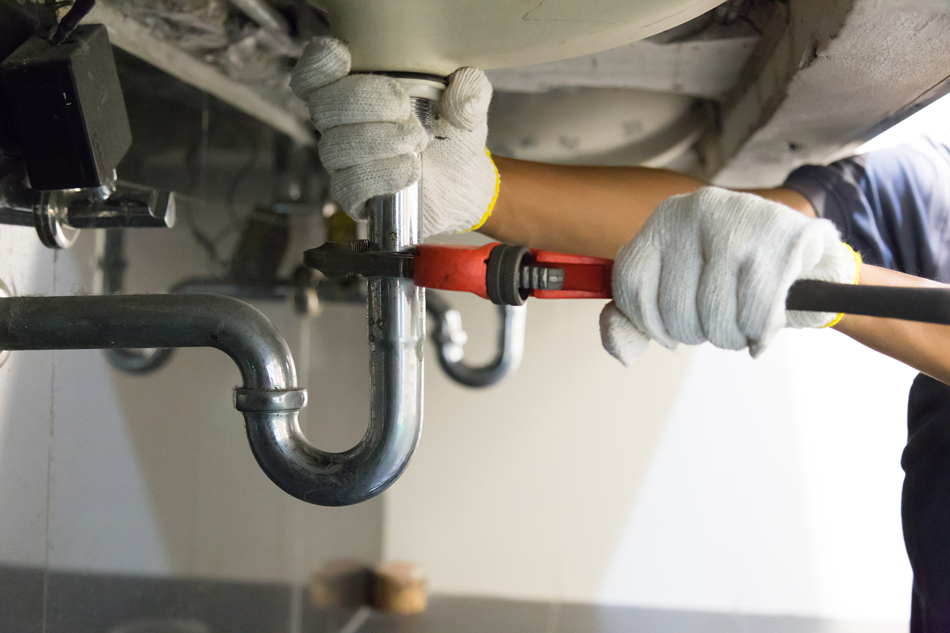For homeowners in Northern Virginia connected to a septic system, what goes down your drains is just as important as what comes out. Unlike municipal sewer systems, septic tanks rely on a delicate balance of beneficial bacteria to break down waste. Introducing harmful or non-biodegradable items can disrupt this balance, leading to clogs, backups, and potentially costly system failure. At Great Falls Septic Service, we can’t stress this enough: embracing “septic-safe living” is very important for your system’s longevity.
A Comprehensive List of Prohibited Items for Your Septic System
Be diligent about keeping these items out of your sinks, toilets, and drains:
- “Flushable” Wipes (They Aren’t!): This is perhaps the biggest culprit of septic system clogs we see in Virginia in recent years. Despite marketing claims, these wipes do not break down in water like toilet paper. They accumulate in your pipes, clog pumps, and create a tangled mess in your septic tank that can lead to severe backups.
- Fats, Oils, and Grease (FOGs): These are perhaps the worst offenders for drains and septic tanks. They solidify as they cool, clinging to pipe walls and forming blockages in your plumbing and creating a thick, problematic scum layer in your septic tank. They can also clog the soil in your drain field.
- Paper Products (Other Than Toilet Paper): This includes paper towels, tissues, disposable mop pads, cotton balls, cotton swabs (Q-tips), dental floss, and feminine hygiene products. These items are designed to be strong and absorbent, not to break down quickly in water, leading to clogs.
- Food Scraps (Especially from Garbage Disposals): While a garbage disposal might seem convenient, it adds significant amounts of solids (starches, fats, protein) to your septic tank that are difficult for bacteria to break down. This accelerates sludge accumulation, requiring more frequent pumping and putting strain on your system. Compost food waste or dispose of it in the trash instead.
- Coffee Grounds: They are dense and don’t break down easily, accumulating as sludge in your tank.
- Kitty Litter: Clumping cat litter absorbs water and expands, creating serious blockages in pipes and adding indigestible solids to your tank.
- Chemicals & Harsh Cleaners:
- Excessive Bleach: While small amounts from laundry are usually okay, pouring large quantities of bleach, drain cleaners (especially caustic ones), toilet bowl cleaners, or strong disinfectants can kill the beneficial bacteria in your septic tank that are vital for waste breakdown.
- Paints, Paint Thinners, Solvents: These are highly toxic and can kill bacteria, contaminate groundwater, and are illegal to dispose of in a septic system in Virginia.
- Pesticides & Herbicides: Extremely toxic and must never enter the septic system.
- Medications: Unused or expired prescription and over-the-counter medications should not be flushed. They can harm beneficial bacteria and potentially contaminate groundwater. Consult your local Virginia pharmacy or waste management facility for proper disposal methods.
- Plastics (e.g., Plastic Bags, Wrappers): These are non-biodegradable and will never break down in your septic system.
- Condoms, Diapers, and Other Hygiene Products: These items are designed to be durable and will clog pipes and harm your system.
The Truth About “Flushable” Wipes
Let’s reiterate, because this is a huge problem we see: “Flushable” wipes are NOT septic-safe. Despite what packaging may claim, these wipes are typically made with synthetic fibers (like polyester or rayon) that do not disintegrate in water like toilet paper does. Instead, they remain intact, accumulating in pipes, tangling in septic tank baffles, clogging pumps, and forming enormous “rag balls” that cause system backups. They are a significant problem for municipal sewer systems and an even greater threat to sensitive septic systems throughout Virginia. Always dispose of them in the trash.
Impact of Garbage Disposals on Septic Systems
While convenient, garbage disposals are generally not recommended for homes with septic systems in Northern Virginia for several reasons:
- Increased Solids: They introduce a large volume of solids that do not break down easily, accelerating sludge buildup in the tank. This means you’ll need to pump your septic tank much more frequently (often annually).
- Higher BOD/TSS: Food waste increases the biological oxygen demand and total suspended solids in the wastewater, putting a greater strain on the septic system’s ability to treat waste.
- Potential for Clogs: Even ground-up food can combine with fats and greases to form stubborn clogs in pipes.
If you must use a garbage disposal, do so sparingly, and commit to much more frequent septic tank pumping.
Your Role in a Healthy Septic System
By adopting a mindful approach to what goes down your drains, homeowners in Northern Virginia can significantly extend the life of their septic system, prevent costly repairs, and maintain a healthy home environment. When in doubt, “when in doubt, throw it out!” applies perfectly to septic-safe living. If you suspect an issue, contact Great Falls Septic Service – we’re here to help!


